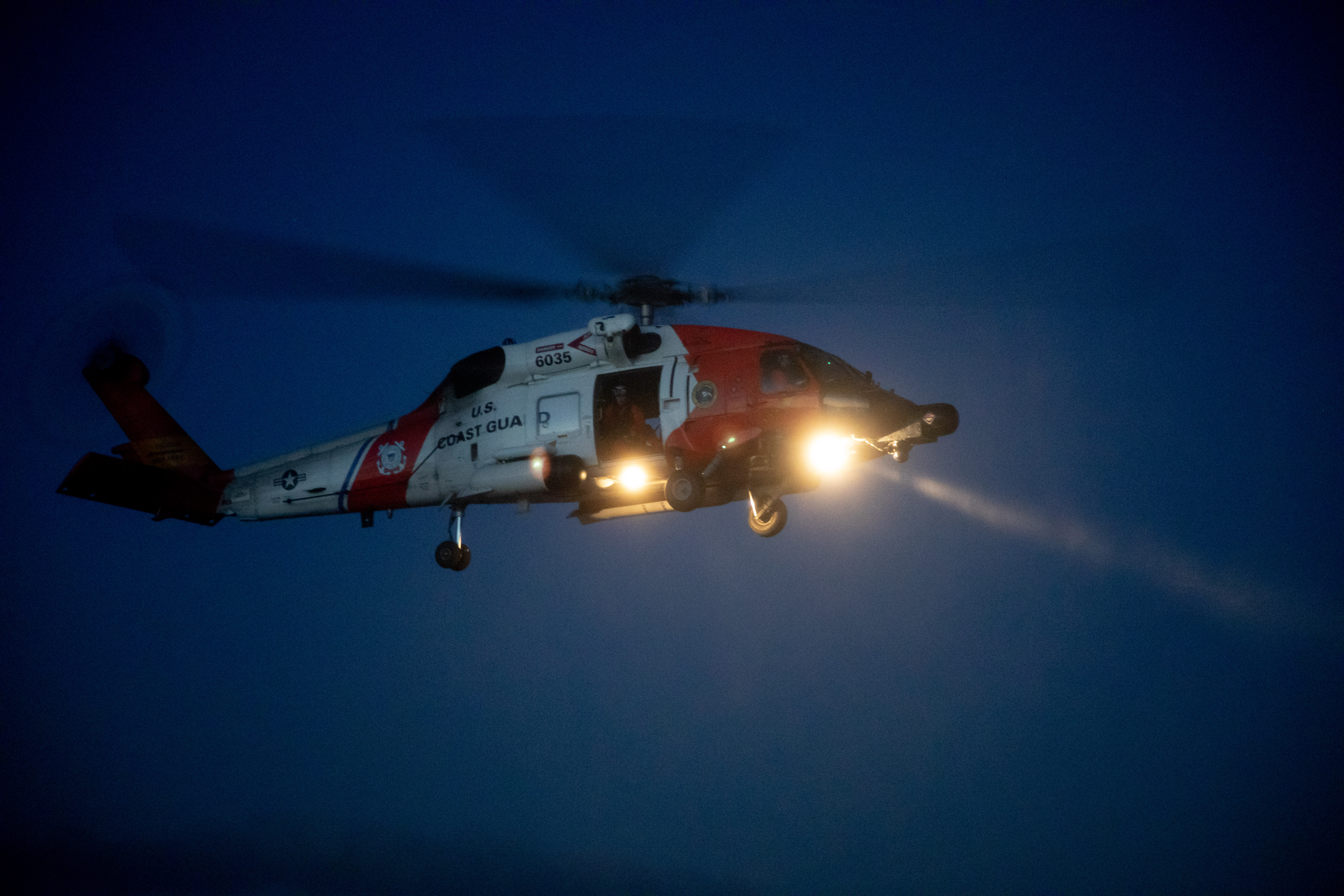Saints or Sinners? Characters of Pacific County: Stagecoaches raced the peninsula tide
Published 11:52 am Sunday, March 31, 2024

- “The Ilwaco to Oysterville Stage, 1887” was drawn by Charles Fitzpatrick some years after the stage run ceased. Those who remembered the stagecoaches presumably provided him with descriptions.
The Stagecoach Drivers 1874-1889
(With special thanks to my grandfather’s friend John Morehead, 1859-1938)
Of all the parts of Alfred Lewis Loomis’s complicated mail route from Astoria, Oregon, to Olympia, capitol of Washington Territory, the most colorful was the stage run along the Weatherbeach. John Morehead, who would eventually become a County Commissioner, a storekeeper and the purchaser of the entire town of Sealand, years later wrote about that stage run and some of its intrepid drivers.
In addition to himself, those he named were Jack Winchell, Bill Denver, Bill Taylor, Lew Slack and Charlie Burch. It should be noted here that there may well have been other Loomis Stage drivers and there were at least two other early stage lines making the round trip from Ilwaco-to-Oysterville. One, also a mail run, was managed by Isaac Whealdon, and another, a passenger service, was directed by Jonathan Stout. Although the names of their drivers are no longer known, they undoubtedly faced identical conditions and hardships to those that Morehead described, especially along the Weatherbeach.
The Loomis stage line was headquartered in Oysterville at the hotel called “Pacific House” with some of the horses housed in the barns there and others, for the return trip, at an Ilwaco barn. According to Morehead: In the operation of the stage line between Ilwaco and Oysterville, eight horses were used daily. These were of a bronco type, tough and wiry of about 1,000 pounds weight. The stage was a primitive affair, resembling a prairie schooner with both ends closed and an entrance on either side. At the back was a strongly built ‘boot’ used for the purpose of carrying freight and baggage.
Since the stage run began in Oysterville each day, that was where the drivers lived. About the start of their day, Morehead said: The beach driver was obliged to get out of bed at the unholy hour or two o’clock in the morning, go to the barn and feed, groom and harness his horses, eat his breakfast, hitch up and drive around town and out on the oyster beds gathering up his load so as to leave the hotel door promptly at four o’clock a.m. All this by the light of a smoky lantern and very often in a driving storm. As the steamer awaited the return of the stage to Oysterville before leaving and another was awaiting his arrival at Ilwaco, he was hurried at every point of the trip. In those days heavy loads of freight were carried — oysters out of Oysterville, and general freight from Ilwaco for points all over the bay and as far as Grays Harbor.
Three mornings a week, only local mail and passengers were carried and on those days the stage driver could sleep until four in the morning! Wrote Morehead, “There were five seats upon which fourteen passengers could be uncomfortably carried, but” he assured, “since no one was ever intentionally left behind there was always room for one more and sometimes more than twenty passengers were crowded on!”
Morehouse pooh-poohed the stage drivers of the mountains and plains, saying of the beach drivers: Why, in addition to a man handling the ribbons, he had to be a first-class navigator on the beach line. Many a time a driver would have a big swell lift horses and wagons and toss the whole shooting match up and around like a toy! One of those spectacular Wells Fargo drivers would have had an experience that he never dreamed of had he found himself on the weatherbeach with a heavy load of passengers, two or three hours before daylight in the morning with an eighty-mile-an-hour gale bowing the cutting sand into his face with a ten-foot tide shooting drift logs past his horses and the swells that could only be kept out of the stage by careful and watchful driving.
His days were long, often more than sixteen hours and the responsibility was great. He had no assistance in loading and unloading those heavy trunks and articles of freight. He must account for every passenger, every piece of baggage, and every pound of freight carried by both the stage and freight wagons, collect all bills, and be on the job for seven days a week. He had no holidays nor vacations, nor anyone to make the trip for him if he felt indisposed. The mail must go!
Though some drivers who drove longer than he, Morehead said that during his four years on the job, I drove more than 50,000 miles, sitting on that seat during all kinds of weather, urging those horses to their hard task, a distance was driven that would circle the earth, and having completed the circle, another such trip was started at two o’clock the next morning!









